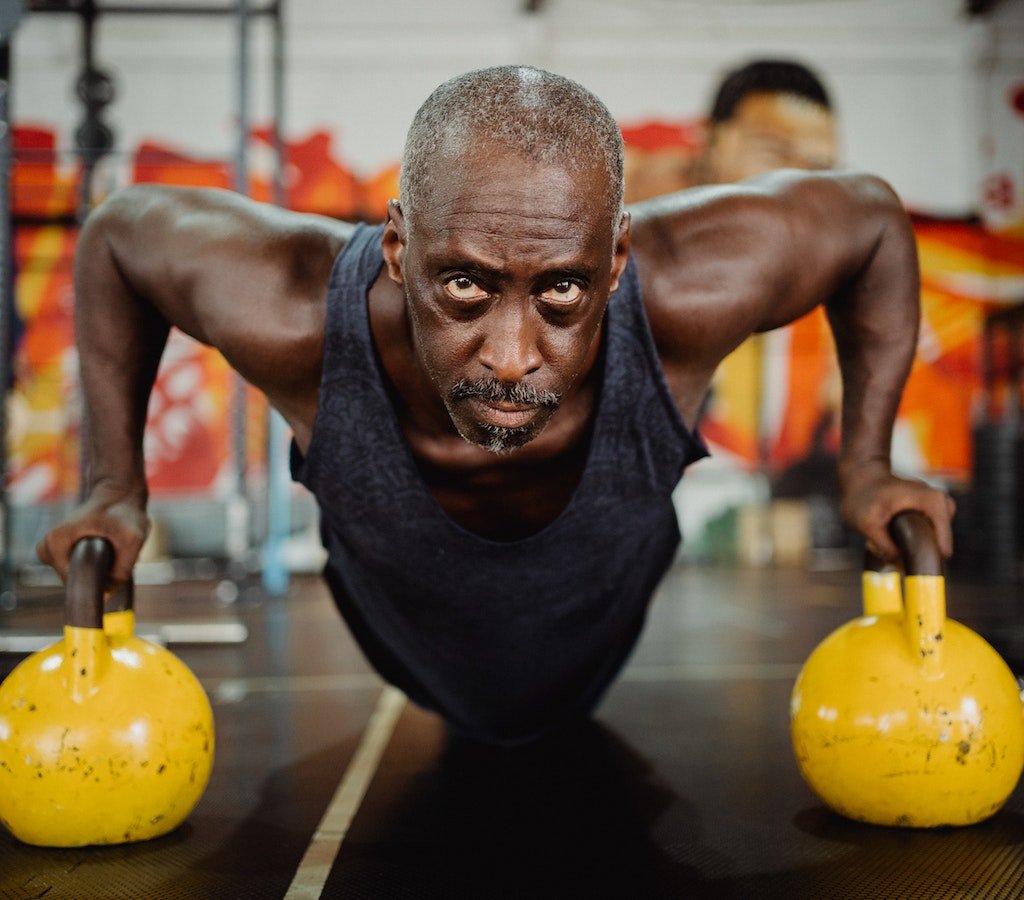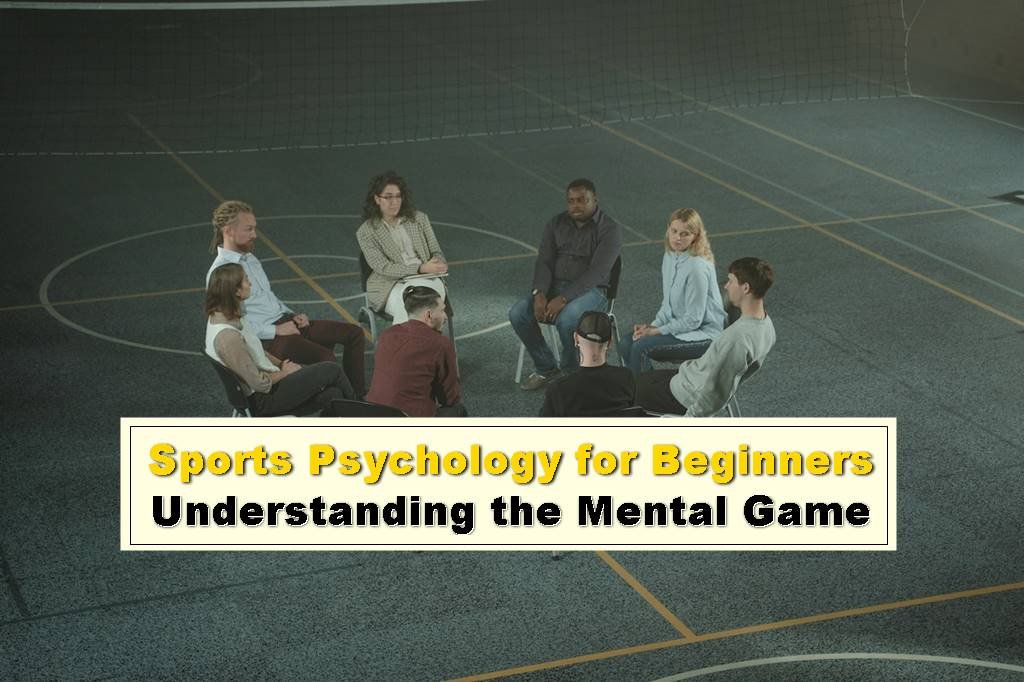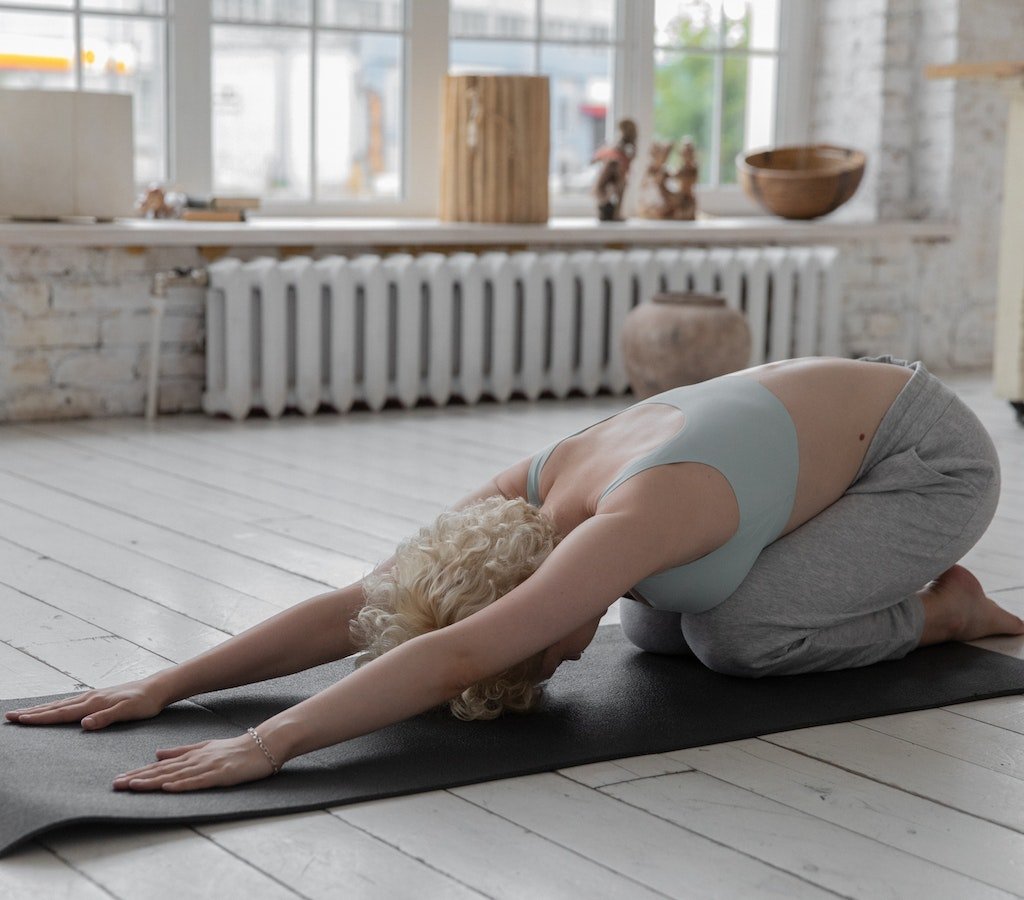Sports are more than just a physical contest; they’re also a mental battleground. In athletics, mental strength, resilience, and focus are crucial. This article will introduce you to the fascinating world of sports psychology. We’ll reveal the strategies and techniques athletes use to master the mental side of their game.
Basics of Sports Psychology
What is sports psychology?
The study of sports psychology is a scientific investigation into how psychological factors affect an athlete’s performance during physical activity, sport, or exercise. It explores the mental processes that can enhance or hamper an athlete’s journey.
Example: Imagine that a tennis player has exceptional skills but chokes often during important matches. Sports psychology can help these athletes understand and overcome the mental barriers causing their performance issues.
The Mind-Body Connection
It’s not just about physical strength; mental strength is also important. The body and mind are not separate entities. They work together. A strong mind can lead to a stronger body.
Example: Imagine a marathon runner. It’s not the physical ability to finish a race that makes the difference, but the mental strength and determination to keep going.
Mental toughness is important.
Resilience Development
Mental toughness is built on resilience. Resilience is the ability to recover from failures, challenges, and setbacks. Resilience is an important asset in sports, where the difference between victory and defeat can be a fraction of a second.
For example, imagine a young gymnast falling off the balance beam at a competition. Her mental resilience will determine whether she can regroup, finish the routine, and present herself confidently before the judges.
How to handle pressure and stress
Sports are a stressful activity. Athletes are often under extreme pressure, whether it is a penalty shootout, a three-pointer at the last minute in basketball or a crucial serve in tennis. It is important to learn how to handle this pressure.
Example: Imagine a golfer at the final hole in a major championship. He needs to make a perfect putt to win. It is important to be able to deal with the stress.
Read Also : Buffstreams: Top 100 Buff Streams Alternatives to Watch Live
Goal Setting and Visualization
Set SMART goals
Athletes also set goals. In sports psychology, goal setting is creating SMART (specific, measurable, achievable, relevant, and time-bound) goals. The goal is to have a target that you can strive for.
Example: A 100m freestyle swimmer may set a SMART target to reduce their time by two seconds in the next three months.
Visualization: The Power of Visualization
Top athletes use visualization to practice success mentally. It involves creating an image in your mind of a flawless performance. Visualizing success repeatedly helps athletes to build confidence and reduce their anxiety.
For example, A track and field athlete visualizes each step of a perfect high jump before attempting it.
Building Confidence
Self-Doubt: How to Overcome It
Athletes can be crippled by self-doubt. It is that feeling that “I can’t” says. The sports psychology field offers methods to quiet this inner critic and replace it with confidence.
Example: Imagine that a basketball player, despite their talent, is still determining their ability to hit crucial free throws. This self-doubt can be overcome by sports psychology.
Positive Self-Talk
Positive self-talk involves positive affirmations and inner dialogues to maintain a winning mindset and boost confidence. It is a powerful tool.
For example, before a race, a sprinter may repeat phrases such as “I’m strong” or “I’m fast” to reinforce positive thinking.
Focus and concentration

Focusing Techniques
Concentration is key in sports. The athlete must stay focused and block out all distractions. Focus can be improved by using techniques like deep breathing and mindfulness.
For example, Baseball pitchers must remain focused despite the noise from the crowd. They can stay focused on their next pitch by doing mindfulness exercises.
Distractions Management
Sports is full of distractions, whether it’s the crowd cheering or personal issues. Athletes must learn how to manage distractions and stay focused.
Example: Even when the audience is emotionally involved, a soccer player will learn to focus on the game and ignore personal issues.
How to handle success and failure
Dealing with Success
The pressures of maintaining performance and increased expectations can be a challenge when you achieve success in sports. Athletes can learn how to handle success gracefully.
Example: After winning a major tennis tournament, a young tennis sensation is under pressure to defend his title the next year. They can cope better with their newfound success by using sports psychology.
Recovering from failure
Sports is a sport where failure is inevitable. How athletes react to failure defines their careers. For bouncing back, resilience and a positive attitude are essential.
An example: Imagine a boxer suffering a loss. They can use sports psychology to analyze what went wrong and prepare for a recovery.
The conclusion of the article is:
In sports, winning isn’t just about physical ability; it also involves the mind. Athletes can use sports psychology to overcome self-doubt and pressure, achieve their goals and remain focused. Understanding the mental game is the key to unlocking the full potential of any athlete, whether they are a seasoned pro or just getting started.
FAQs (Frequently Answered Questions)
Q1: What are the benefits of sports psychology for amateur athletes?
The benefits of sports psychology are not only for professionals. Amateur athletes can benefit from it by improving their mental resilience, concentration, and performance.
Q2: Can you give me some examples of athletes who have benefitted from sports psychology?
Absolutely. Many famous athletes like Michael Jordan, Serena Williams, and Kobe Bryant have publicly credited sports psychology for their success.
Q3: Does sports psychology only apply to competitive athletes?
Sports psychology techniques are not only for competitive sports. They can be used in a variety of physical activities. Anyone looking to improve performance can benefit from these techniques, whether they are weekend warriors or fitness enthusiasts.
Q4: How long will it take for you to see results from sports psychology?
Individuals have different timelines for improvement. Some athletes will see results immediately, while others need more time to integrate the techniques.
Q5: Can sports psychology help to prevent sports injuries?
Sports psychology is primarily concerned with mental aspects. However, it can also indirectly help in the recovery of injuries by reducing anxiety and stress associated with them.


